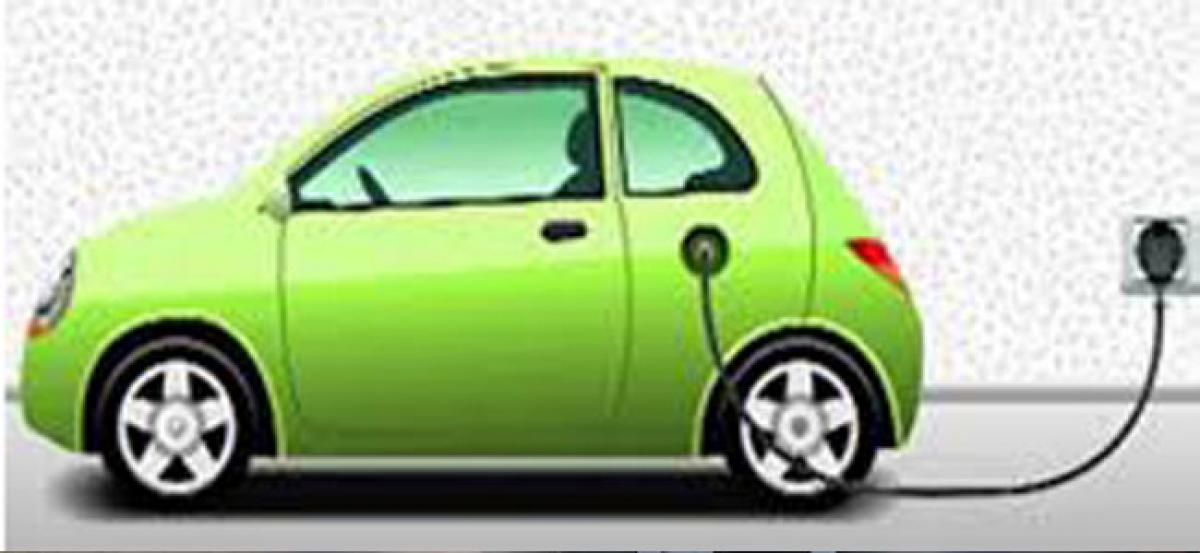Live
- ‘Sankranthiki Vasthunnam’ locks release date
- How Individuals Can Contribute to Environmental Conservation Efforts and Make a Difference
- Smart Logistics: Leveraging AI for Real-Time Decision Making and Route Optimization
- ‘Bachhala Malli’ set for Dec 20 release
- ‘Devaki Nandana Vasudeva’ creates buzz
- My role in ‘Mechanic Rocky’ will be very unique: Shraddha Srinath
- Bhagyashi Borse comes onboard for ‘RAPO22’
- BGT 2024-25: Yash Dayal added to Indian team’s pace bowling reserve list after Khaleel Ahmed gets injured
- Centre urges southern states to fast-track schemes to boost farm sector
- Karnataka government will promote more industries: DCM DK Shivakumar









